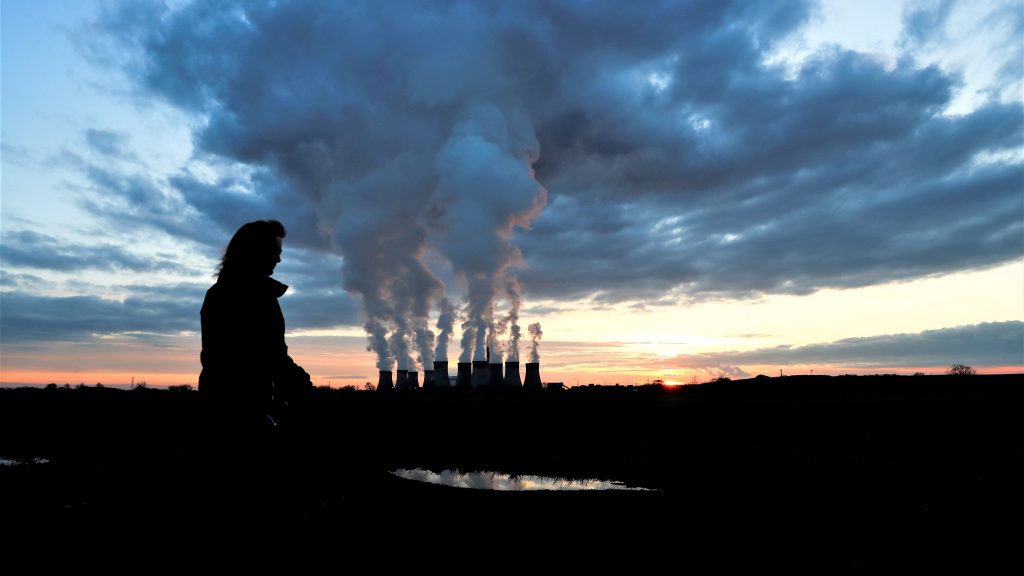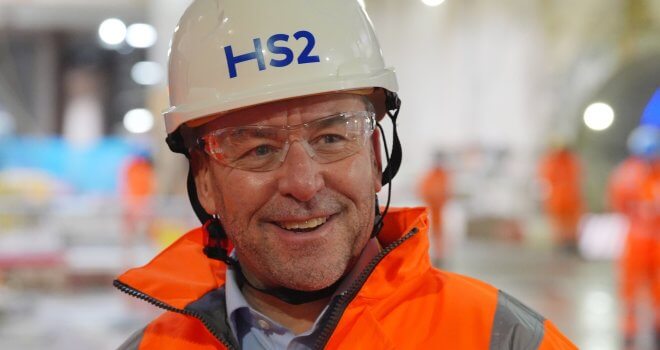UK To Tighten Emissions Trading Scheme From 2024

The UK emissions trading scheme (ETS) will be reformed next year to tighten limits on carbon dioxide pollution and expanded in 2026 to include new sectors, the relevant authority said on Monday.
Introduced in 2021 for an initial phase lasting until 2030, it replaced the UK’s participation in the European Union’s ETS.
Designed to incentivise industry to cut emissions, the scheme forces participants from energy intensive industries, the power generation sector and aviation to buy permits to release CO2.
Building on the first years of trading and a consultation held last year, the UK Emissions Trading System Authority has decided that industries covered by the scheme will need to bring down emissions at a faster rate to reach net zero goals.
This will lower the so called net-zero cap for Phase 1 to the top of the consulted range of 887-936 million allowances, the authority said.
The current cap is 1,365 million, according to the consultation papers.
At the same time, the authorities will release an addition 53.5 million allowances from reserves between 2024 and 2027 to ensure that there is no sudden drop in allowance supply between 2023 and 2024, it said.
The level of freely allocated allowances which industry receives to shield it from international competition in markets with no or lower carbon pricing has also been guaranteed until 2026, the authority said.
It also announced that the UK ETS will be extended to cover domestic maritime transport from 2026 and to cover waste from 2028, while a phased removal of free carbon allowances for the aviation industry will be rolled out in 2026.
(Reporting by Nora Buli; editing by Jason Neely)




